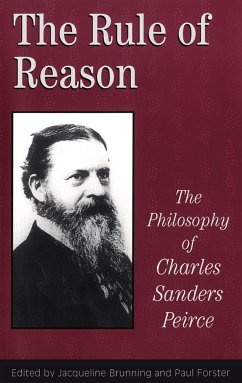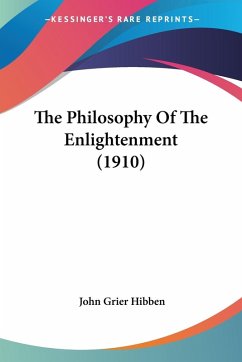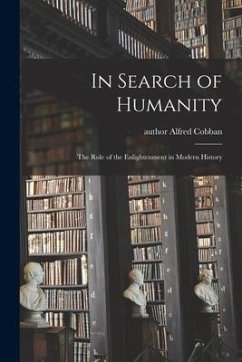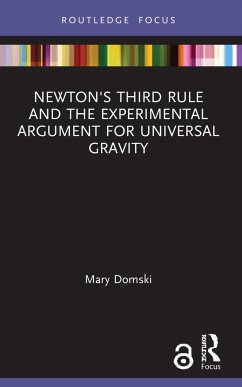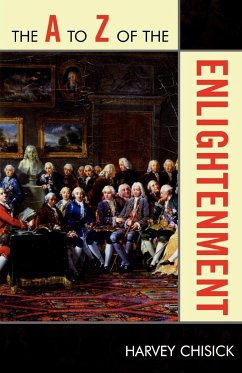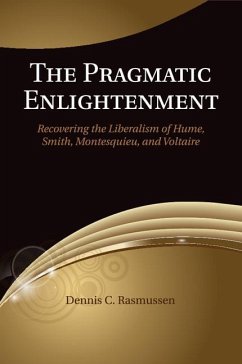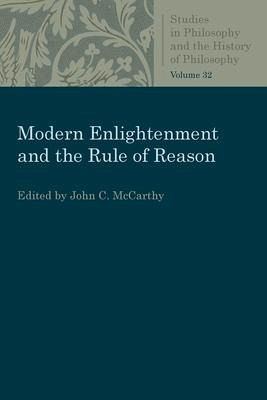
Modern Enlightenment and the Rule of Reason
Versandkostenfrei!
Nicht lieferbar
The essays in this volume pose the question common usage has obscured: was "the Enlightenment" truly enlightened or enlightening? Scholarly investigation has sometimes avoided the question by confining itself to historical particulars of 18th-century Europe. Yet the most visible proponents of the Enlightenment, the "philosophers", insisted that their project originated a century earlier, in the writings of the first self-proclaimed modern "philosophers". This volume seeks philosophical clarity of modernity's enlightenment by beginning with Bacon, Descartes and Hobbes. Consideration of Pascal, ...
The essays in this volume pose the question common usage has obscured: was "the Enlightenment" truly enlightened or enlightening? Scholarly investigation has sometimes avoided the question by confining itself to historical particulars of 18th-century Europe. Yet the most visible proponents of the Enlightenment, the "philosophers", insisted that their project originated a century earlier, in the writings of the first self-proclaimed modern "philosophers". This volume seeks philosophical clarity of modernity's enlightenment by beginning with Bacon, Descartes and Hobbes. Consideration of Pascal, Spinoza, Leibniz, Hume, Roussea, Lessing and Kant - all philosophical critics, or reformers, of the Enlightenment - furthers the study of its legacy by displaying its diversity. Finally, the book indicates the Enlightenment's vitality by outlining ways it continues to hold philosophical sway in this century. The contributors discuss several themes pertaining to the ambition of Enlightenment reason: justice, tradition and authority; the mastery of nature; metaphysics and scientific method; enlightened and unenlightened "dogmatism"; the utilitarian revision of the common good and the commonly true; Christianity and the limits of enlightened theology; "theodicy"; aesthetics and political rhetoric; myth, history and human freedom.




